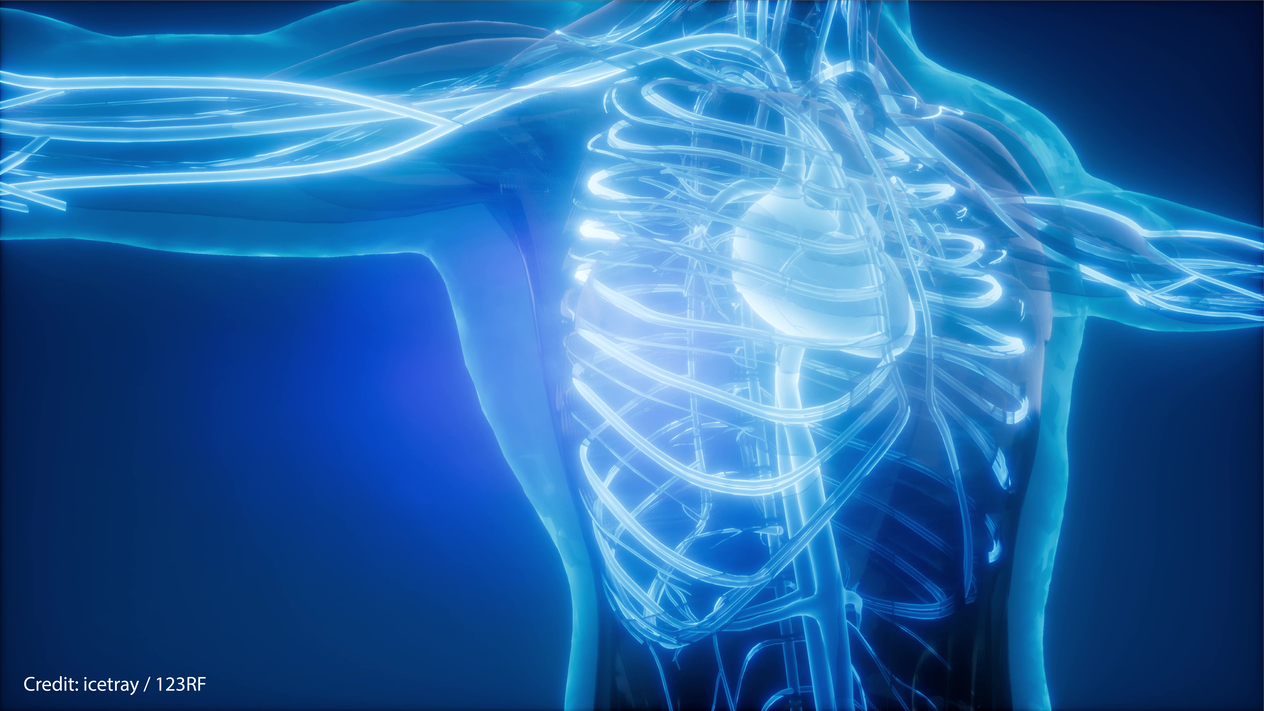
A team of researchers have produced a novel molecule that could be used to allow hydrogen to be made from solar energy on demand—even when the Sun is not out.

The University of Maryland School of Medicine announced that its staff had completed the first transplant of a pig's heart into a human. The patient was too sick to qualify for the standard transplant list.

In a new world record, China's "artificial sun" project has sustained a nuclear fusion reaction for more than 17 min. Superheated plasma reached almost 70 million degrees C— that's roughly five times hotter than the sun.

The scientists, in collaboration with Singapore General Hospital, created VeCare, a bandage with a wearable sensor that can conduct real-time, point-of-care assessment of chronic wounds via an app.

A 30-year-old woman from the city of Esperanza, Argentina - the so-called Esperanza Patient - appears to be the second person whose immune system cleared the HIV-1 virus without antiretroviral therapy.

Homo bodoensis lived in Africa during the early Middle Pleistocene, around 500,000 years ago, and was the direct ancestor of the Homo sapiens lineage.

An inexpensive repurposed drug called fluvoxamine can save the lives of COVID-19 patients and cut hospital admissions by up to 30 percent.

A former science teacher who's been blind for 16 years became able to see letters, discern objects' edge thanks to a visual prosthesis that includes a camera and a brain implant.

The average temperature at the Amundsen–Scott South Pole Station between April and September, a frigid minus - 61 Celsius and was the coldest on record, dating back to 1957.

About a year ago, the XENON1T experiment reported an unexpected signal, or excess, over the expected background. This signal could be attributable to dark energy.

There may have been as many as 100 sinkholes in and around the two communities. Some of the holes appeared in remote areas, while many others appeared within yards from people's homes or beneath homes.

The bones of an early human, unknown to science, who lived in the Levant at least until 130,000 years ago, were discovered in Israel. The researchers think that fossils represent a new population, now identified for the first time.

A new study of ancient geological events suggests that our planet has a slow, steady 'heartbeat' of geological activity every 27 million years or so. But we dont' know what causes it.

Scientists have cooled a large, human-scale object to close to its motional ground state. The scientists say they now have a chance to observe the effect of gravity on a massive quantum object.

The teams each used a varied 3D printing technique to construct a cube-shaped tissue about one centimeter thick and capable of functioning for 30 days in the lab.